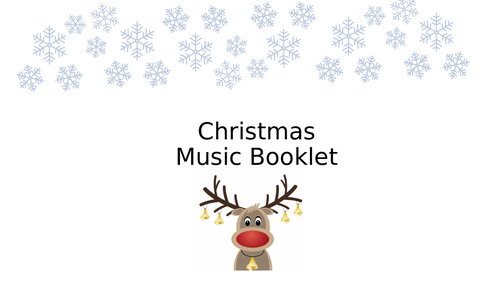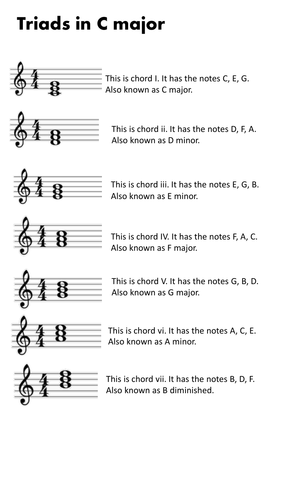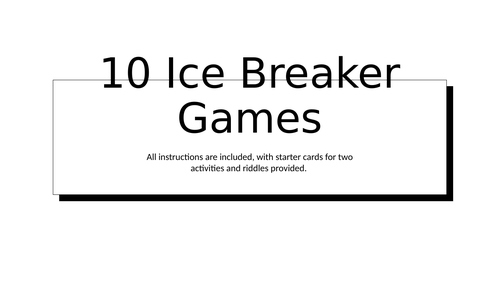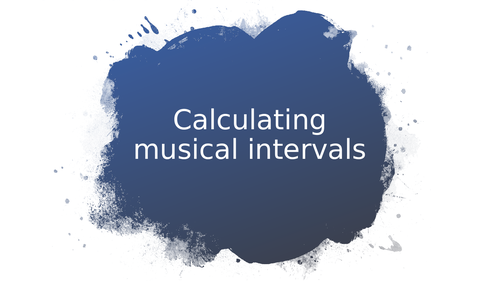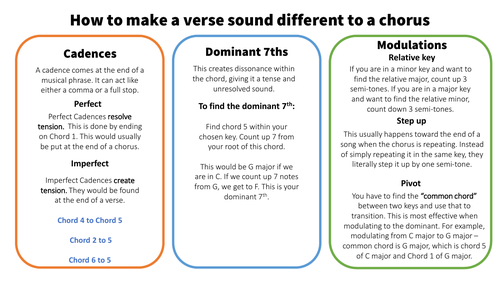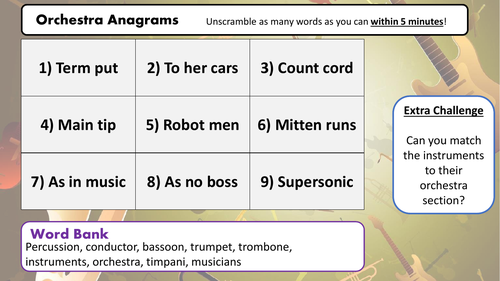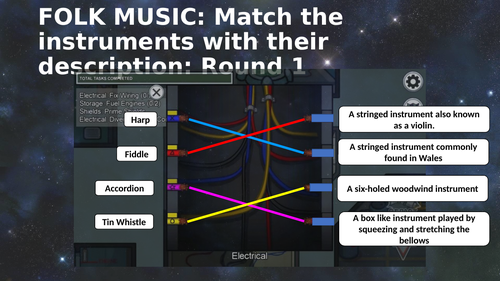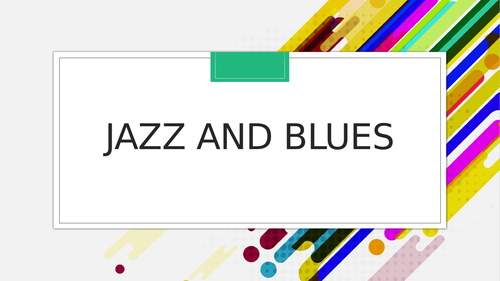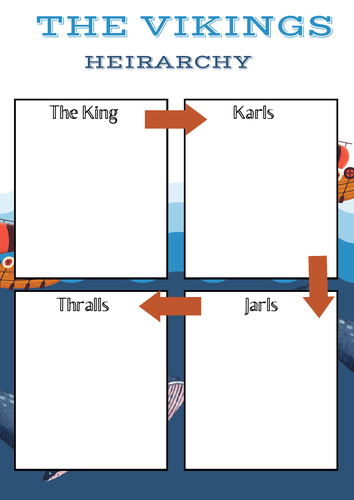Missjacksonmusic's Shop
My name is Miss. Jackson. I have been working in the music sector for 8 years and have been involved within Music for 13 years. All of the resources I publish are ones which I have tried and tested myself in the music classroom to ensure that they are of the best quality.





